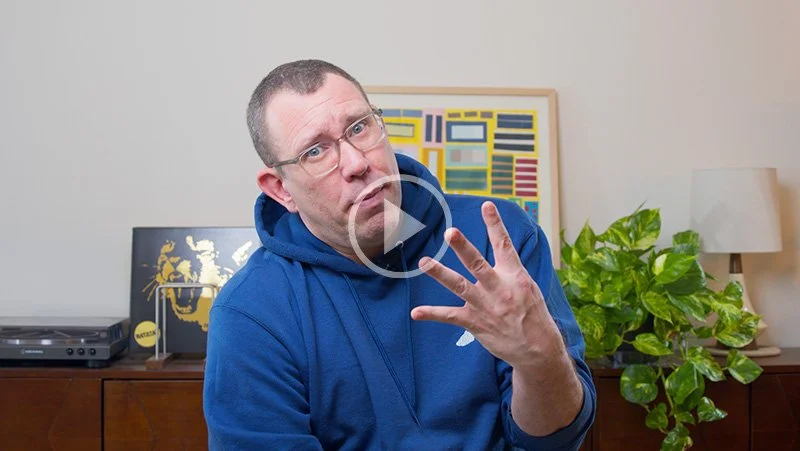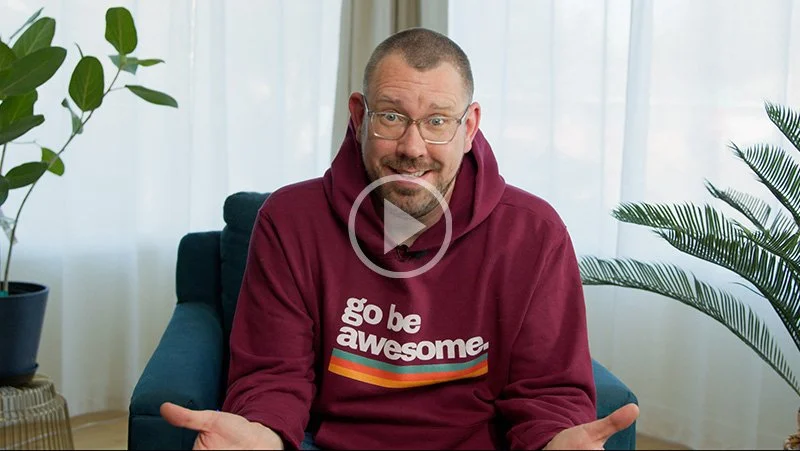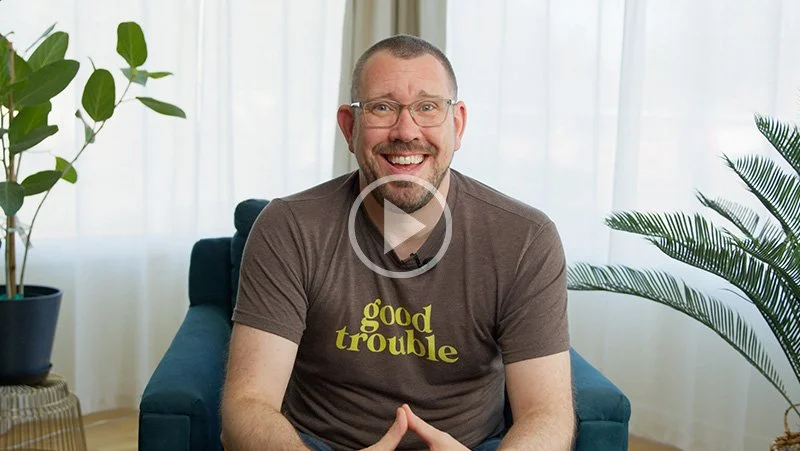Separate the Person From the Behavior
Welcome to the #culturedrop. Every Tuesday, Galen Emanuele emails tools to advance leadership skills, team culture, and personal growth. No spam, just great content. Sign up now to get it in your inbox.
Coaching & feedback tip: separate the person from the behavior.
When it comes to offering feedback or coaching, a powerful mindset and language to adopt is to separate the person from the behavior. This is so important and applies to leaders, workplaces, and personal conversations as well.
The reality is that your behavior at any given moment does not define you cosmically as a person, and it’s important to remember that for yourself and others in coaching or feedback conversations.
We’ve all been there.
Everyone has moments when they don’t perform or behave at their best. We’ve all had times when we were less than perfect employees, friends, or coworkers.
When navigating a potentially challenging coaching or feedback conversation, keep the language and focus isolated on the specific behavior and its impact rather than the person. That helps keep the feedback productive and avoids it coming across as a personal attack or comment on their character.
“We’ve all had times when we were less than perfect employees, friends, or coworkers.”
Framing the conversation matters.
This subtle shift can have a huge impact on how feedback is received.
When someone feels they’re being judged for who they are as a person, it’s a surefire recipe for defensiveness which obliterates how receptive the person will be to hear the message.
But when you stay focused on discussing the behavior, and not labeling them as being a certain way, it allows for a more constructive conversation without personal feelings getting in the way.
“Feedback is about growth, not judgment or punishing mistakes. ”
It’s about improving, not criticizing.
Feedback is about growth, not judgment or punishing mistakes. When you separate the person from the behavior, you help create a space where improvement can happen without judgment or shame. Everyone has areas of opportunity to improve, or off moments — it comes with the territory of being human.
As a leader, colleague, or friend, focus on the specific behavior and its impact, and be very intentional not to attack someone’s character. Approach feedback with a mindset of ultimately wanting to build more trusting, healthier relationships and help others succeed. You’ll always foster better outcomes as a result of that.
Related Blogs:
5 Ways to Level Up Your Career
Personal Impact: What Are Your Three Words?
How to Develop & Promote Future Leaders from Within
Want more?
This article was created by Galen Emanuele for the #culturedrop. Free leadership and team culture content in less than 5 minutes a week. Check out the rest of this month's content and subscribe to the Culture Drop at https://bit.ly/culturedrop








